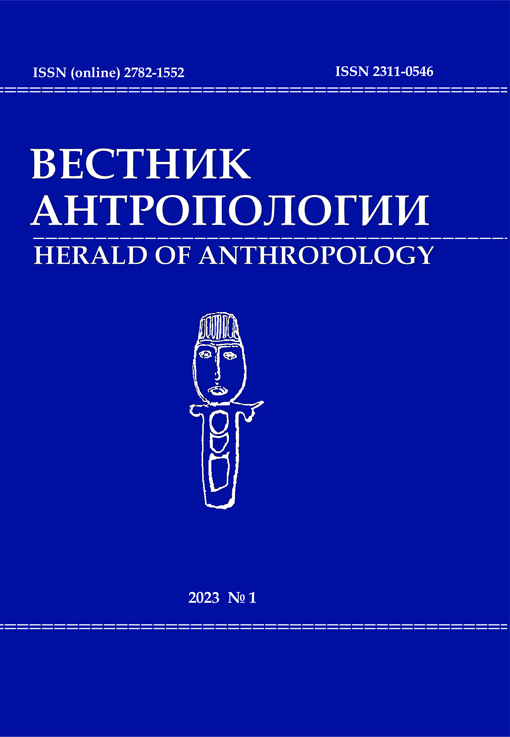Securitization of Ethno-Political Conflict in Argentina
DOI: 10.33876/2311-0546/2023-1/162-180
Keywords:
territorial claims, Mapuche, indigenous peoples, ethno-political conflict, criminalization, securitization, social protestAbstract
This article aims to discuss the current policy of the Argentine government about the Mapuche territorial claims as the most organized and politically active group of indigenous peoples in the country. Its theoretical and methodological framework includes the Securitization Theory by the Copenhagen School of Security Studies and theoretical approaches explaining ethno-political conflicts. The author argues that prerequisites for the “Aboriginal question” politicization in the country are associated with the integration of local indigenous peoples into the state during its consolidation, and the root causes of current ethno-political conflict lie in the nature of the dominant groups policy in the state, which was formed as mono-ethnic. The author describes the state policy to manage the conflict in the last two decades as driven by positioning the indigenous movements as a threat to the territorial integrity and national security of the country. As a result, this narrative has become an effective tool not only for criminalizing and delegitimizing the Mapuche position in public discourse, but for prosecuting of activists as well.





















